|
JACQUELINE R. M. A. MAASCH
I am a fifth-year PhD candidate in computer science at Cornell Tech and the
Weill Cornell Medicine Institute of AI for Digital Health. My doctoral research has been supported by the NSF Graduate Research Fellowship, Cornell's Presidential Life Science Fellowship, and the Digital Life Initiative. I am advised by Dr. Fei Wang,
Dr. Volodymyr Kuleshov, and
Dr. Kyra Gan. Previously, I was a research intern at Microsoft Research Cambridge.
|

|
RECENT WORK
A subset of my lead-author, peer-reviewed papers are highlighted below. My full bibliography is on Google Scholar. |
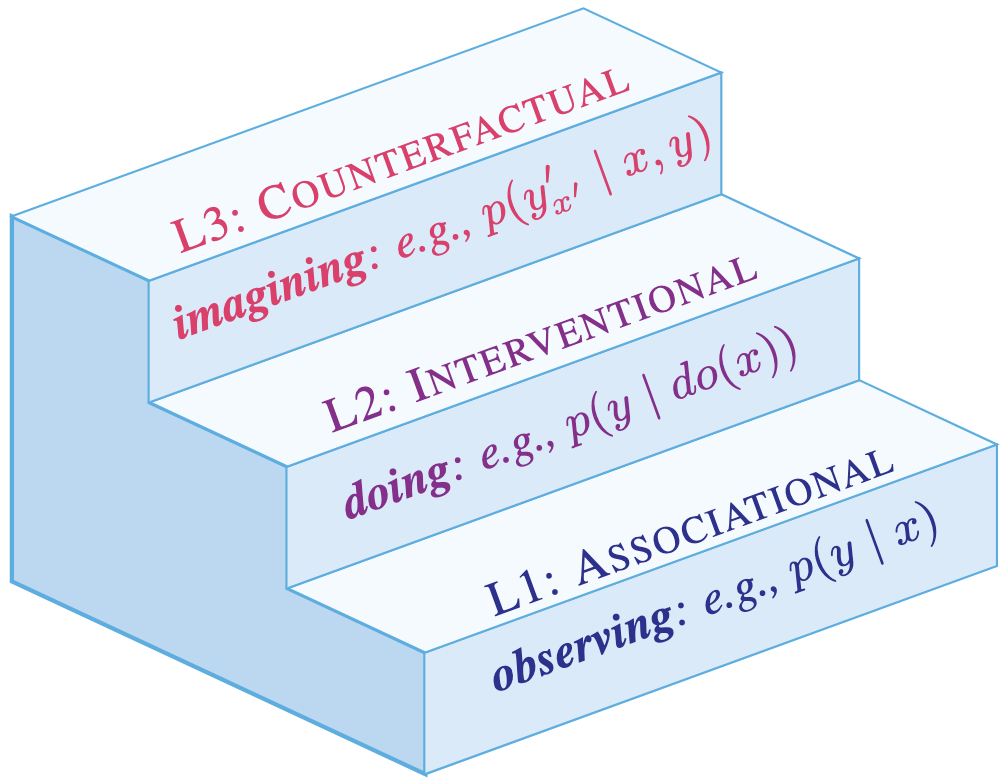
|
CausalARC: Abstract Reasoning with Causal World Models. J Maasch, J Kalantari, K Khezeli. Spotlight paper. [tl;dr] An experimental testbed for reasoning under distribution shift with few-shot learning and test-time adaptation. NeurIPS LAW 2025 ✦︎ arxiv website code poster 🤗 hf - 500+ downloads |

|
Probabilistic Graphical Models: A Concise Tutorial. J Maasch, W Neiswanger, S Ermon, V Kuleshov. [tl;dr] This 200-page tutorial reviews the theory and methods of representation, learning, and inference in probabilistic graphical modeling. |
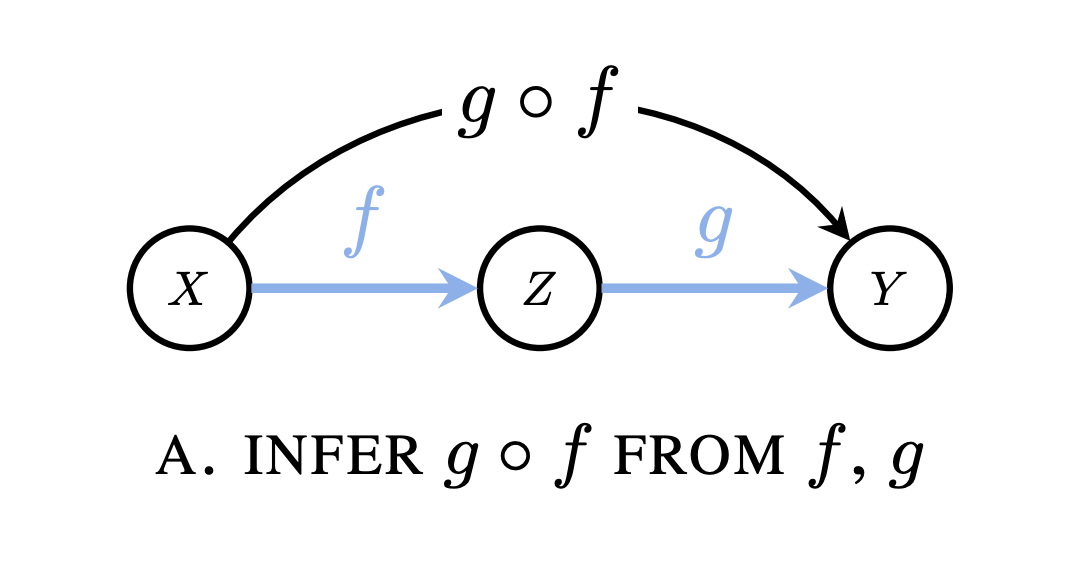
|
Compositional Causal Reasoning Evaluation in Language Models. J Maasch, A Hüyük, X Xu, A Nori, J González. [tl;dr] A novel evaluation framework reveals taxonomically distinct error patterns when LLMs reason over the composition of causal measures. ICML 2025 ✦︎ arxiv website code poster slides 🤗 hf - 2k+ downloads |
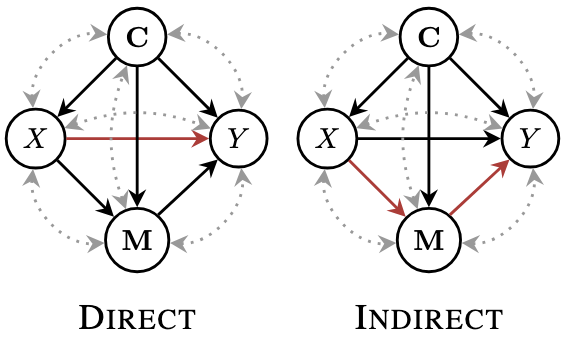
|
Local Causal Discovery for Structural Evidence of Direct Discrimination. J Maasch, K Gan, V Chen, A Orfanoudaki, N Akpinar, F Wang. [tl;dr] Local structure learning facilitates causal fairness analysis in complex decision systems, as illustrated by a real-world case study on organ transplant allocation. |
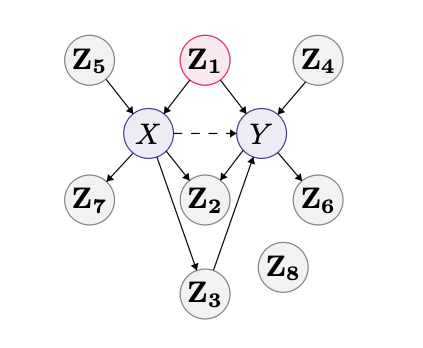
|
Local Discovery by Partitioning: Polynomial-Time Causal Discovery Around Exposure-Outcome Pairs. J Maasch, W Pan, S Gupta, V Kuleshov, K Gan, F Wang. [tl;dr] Local causal discovery enables efficient automated covariate selection under limited prior knowledge with guarantees on correctness. |
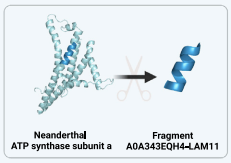
|
Molecular de-extinction of ancient antimicrobial peptides enabled by machine learning. J Maasch*, M Torres*, M Melo, C de la Fuente. [tl;dr] Computational proteolysis guides bioinspired prospection for encrypted antimicrobial peptides that display in vitro and in vivo activity with low host toxicity. Cell H&M 2023 ✦︎ paper code npr nature news smithsonian cnn vox |
CONTACT
Preferred contact: In general, I can be reached through LinkedIn.
|
|
Updated November 2025. This website was adapted by J. Maasch from this source code. |